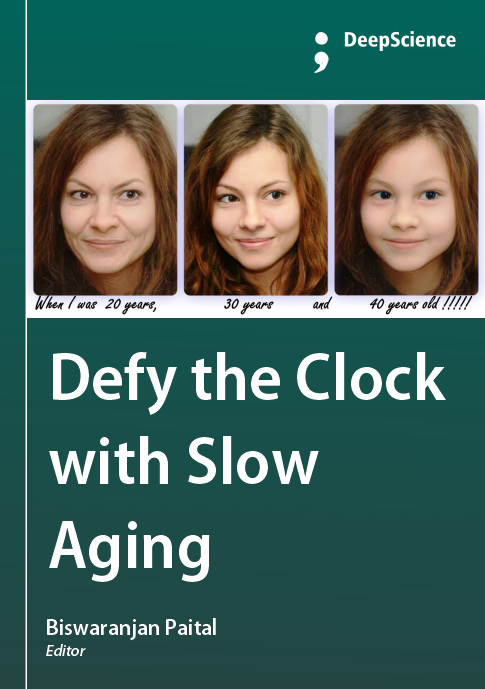Epigenetics and the aging process: Rewriting the story of life
Synopsis
Epigenetic regulation plays a pivotal role in the aging process, influencing how genes are expressed without altering the underlying DNA sequence. Aging is associated with characteristic changes in epigenetic markers, including DNA methylation, histone modifications, and chromatin remodeling, which collectively impact gene expression, genomic stability, and cellular function. These alterations contribute to the progressive decline in tissue homeostasis and the development of age-related diseases. Recent research has identified epigenetic clocks — biomarkers based on DNA methylation patterns — that can accurately predict biological age and highlight the reversible nature of some aging processes. Understanding how epigenetic mechanisms drive aging offers promising opportunities for therapeutic interventions aimed at slowing aging, restoring tissue function, and extending healthy lifespan.
Keywords: Epigenetics, DNA Methylation, Histone Modification, Chromatin Remodeling,
Epigenetic Drift, Epigenetic Clock













